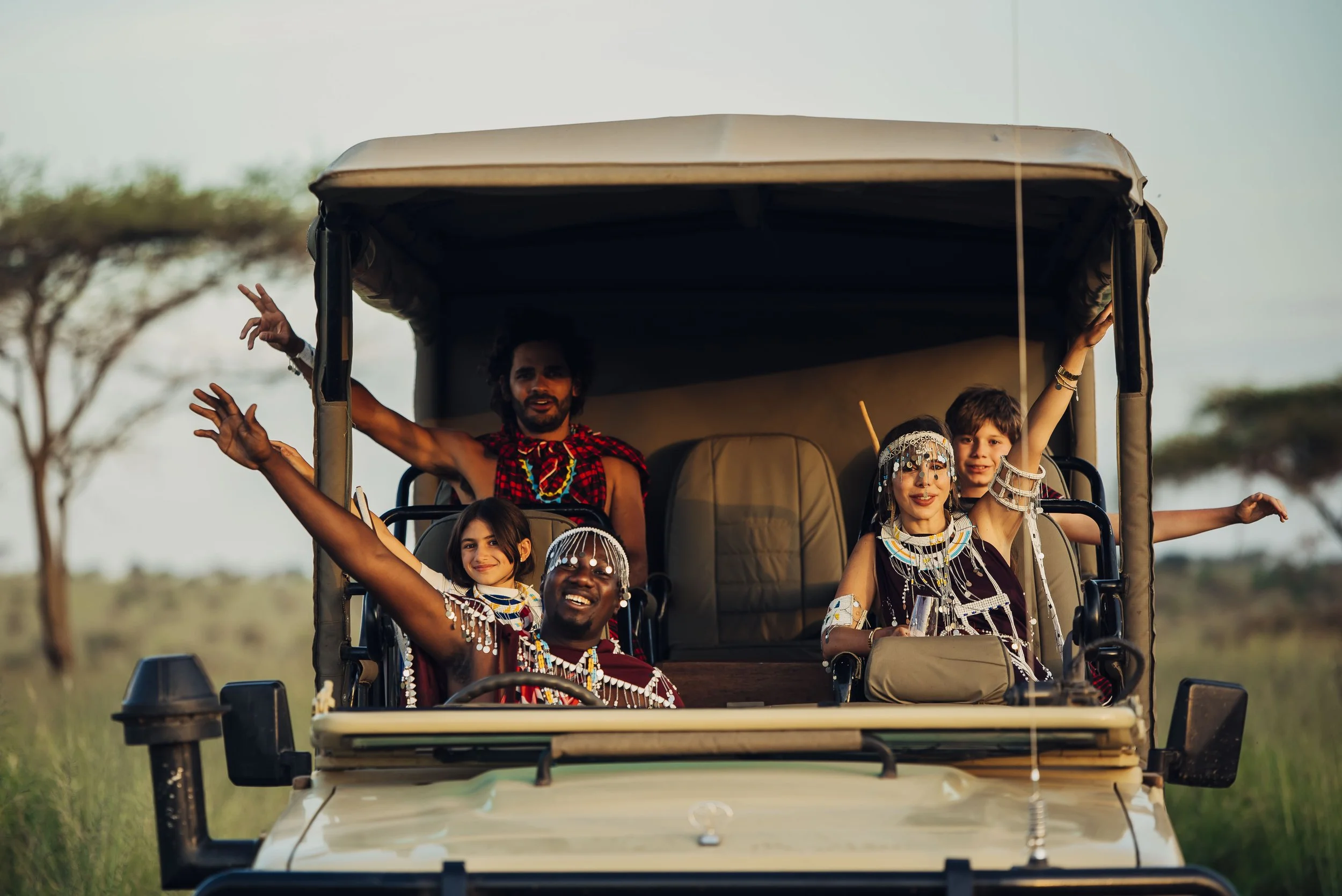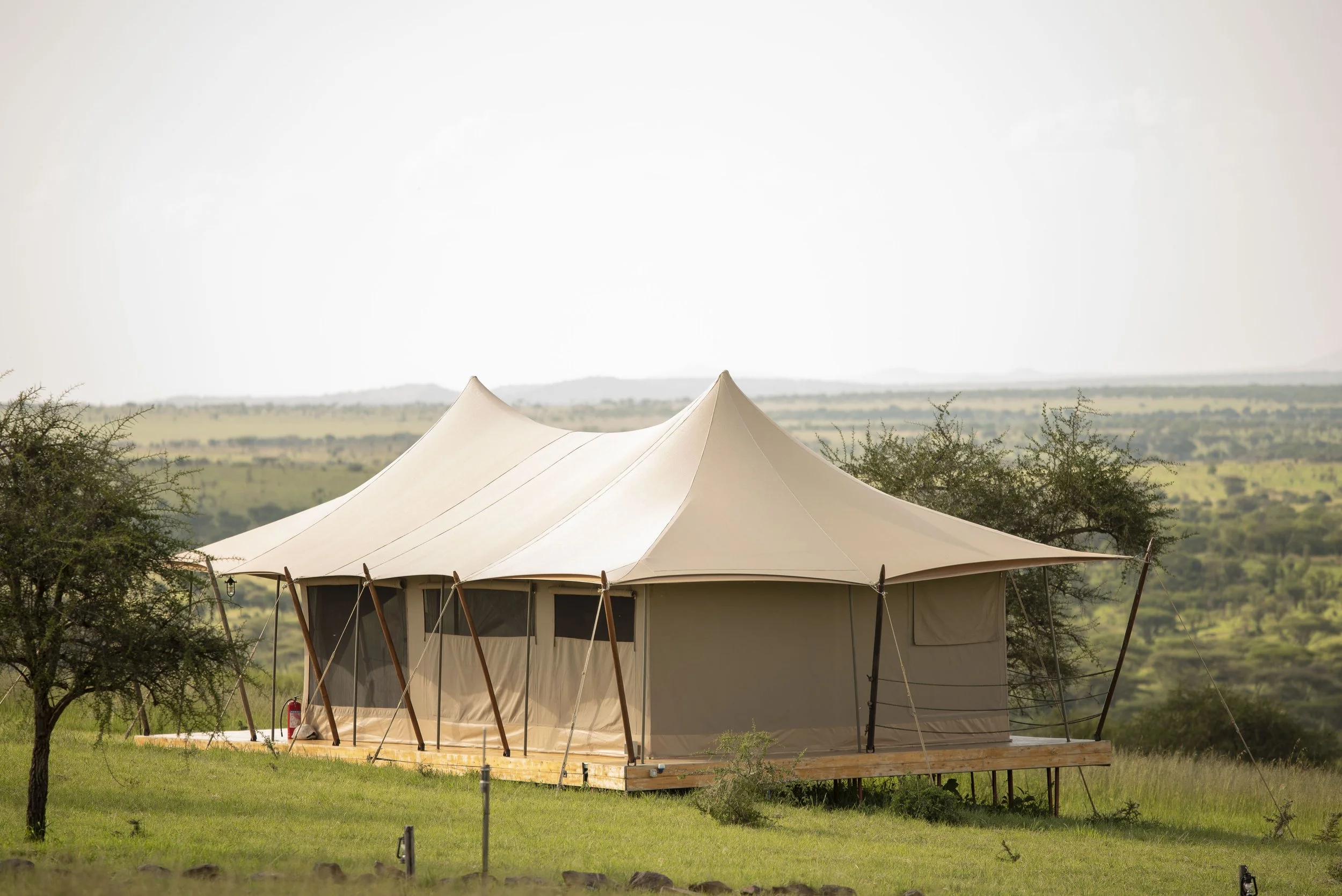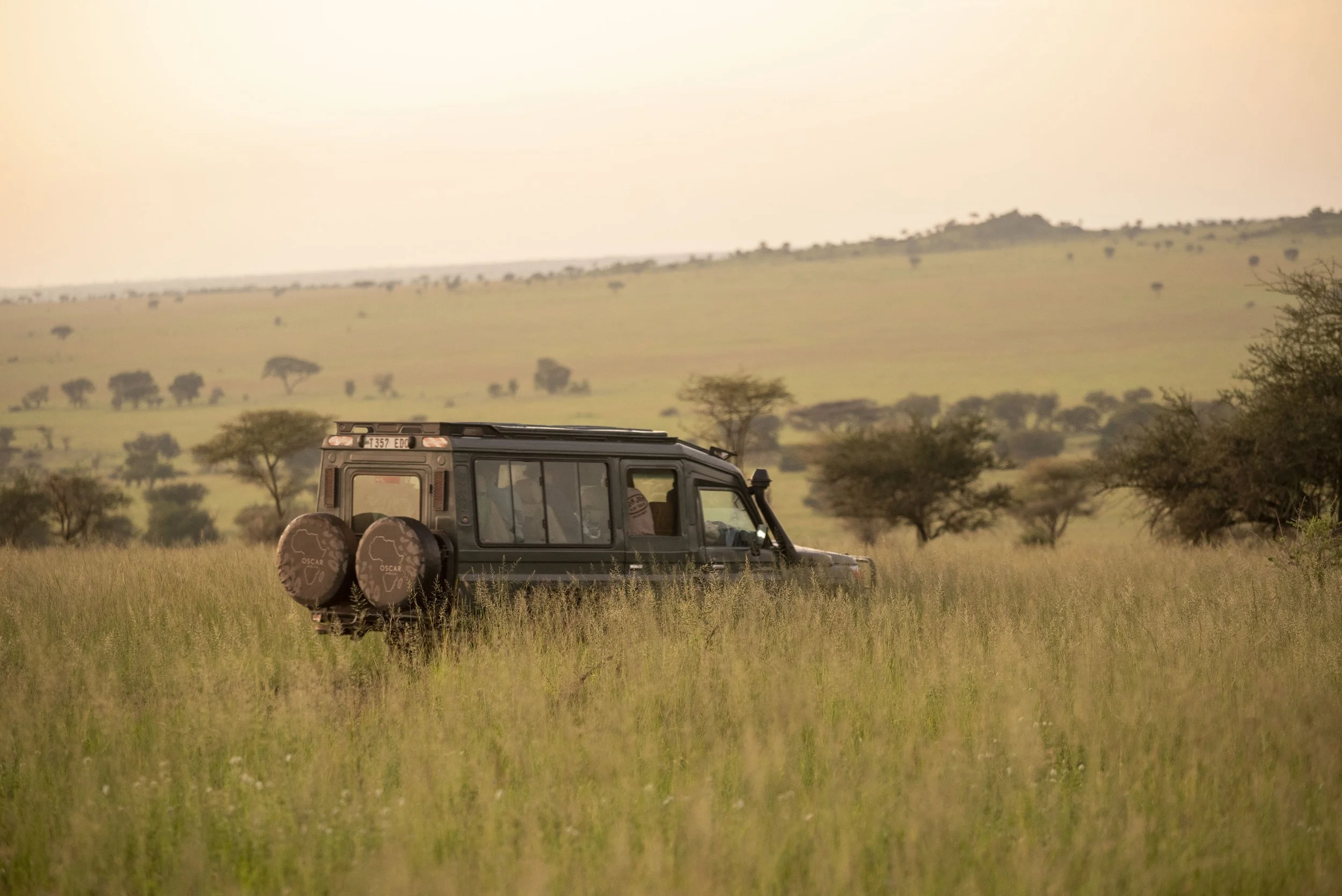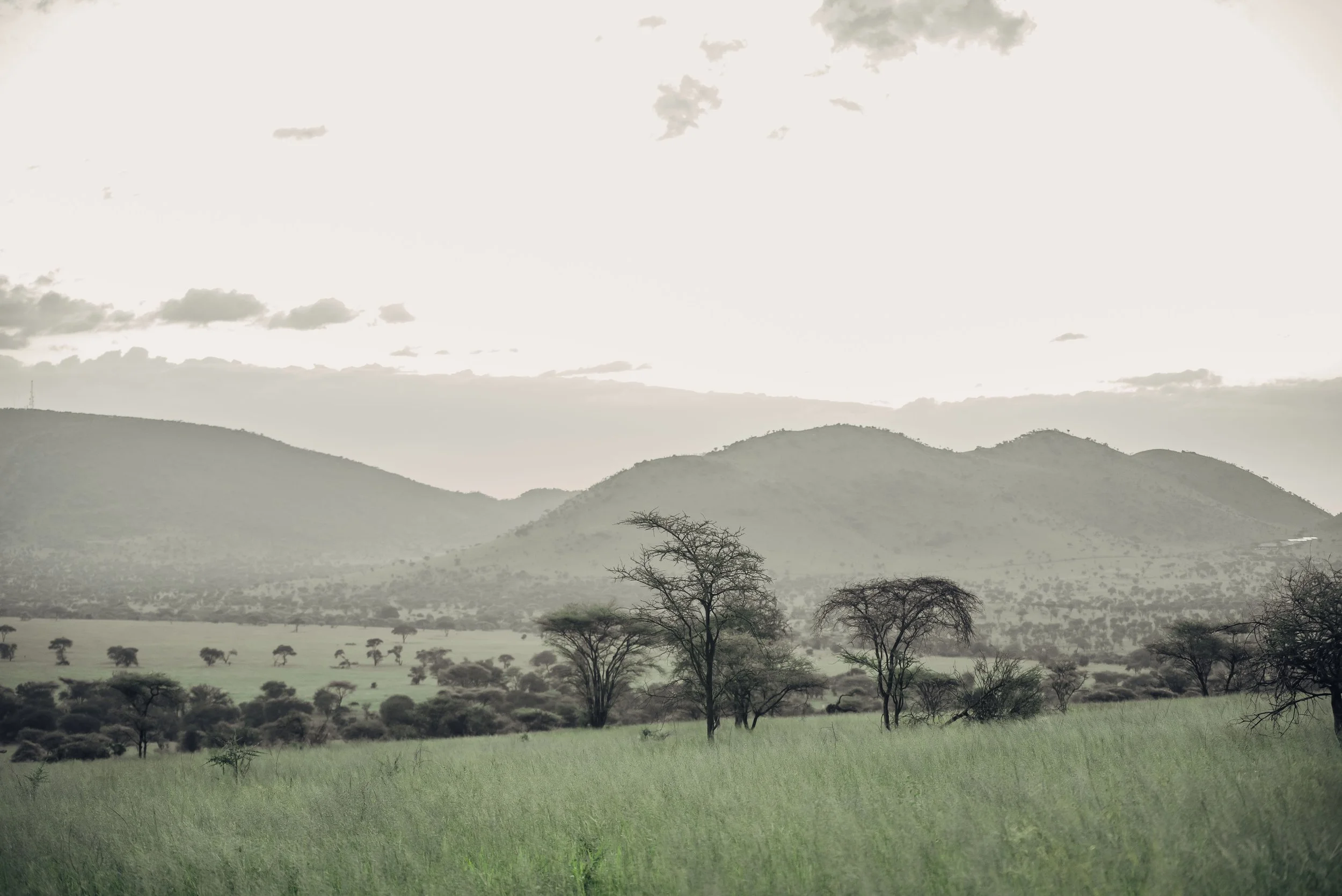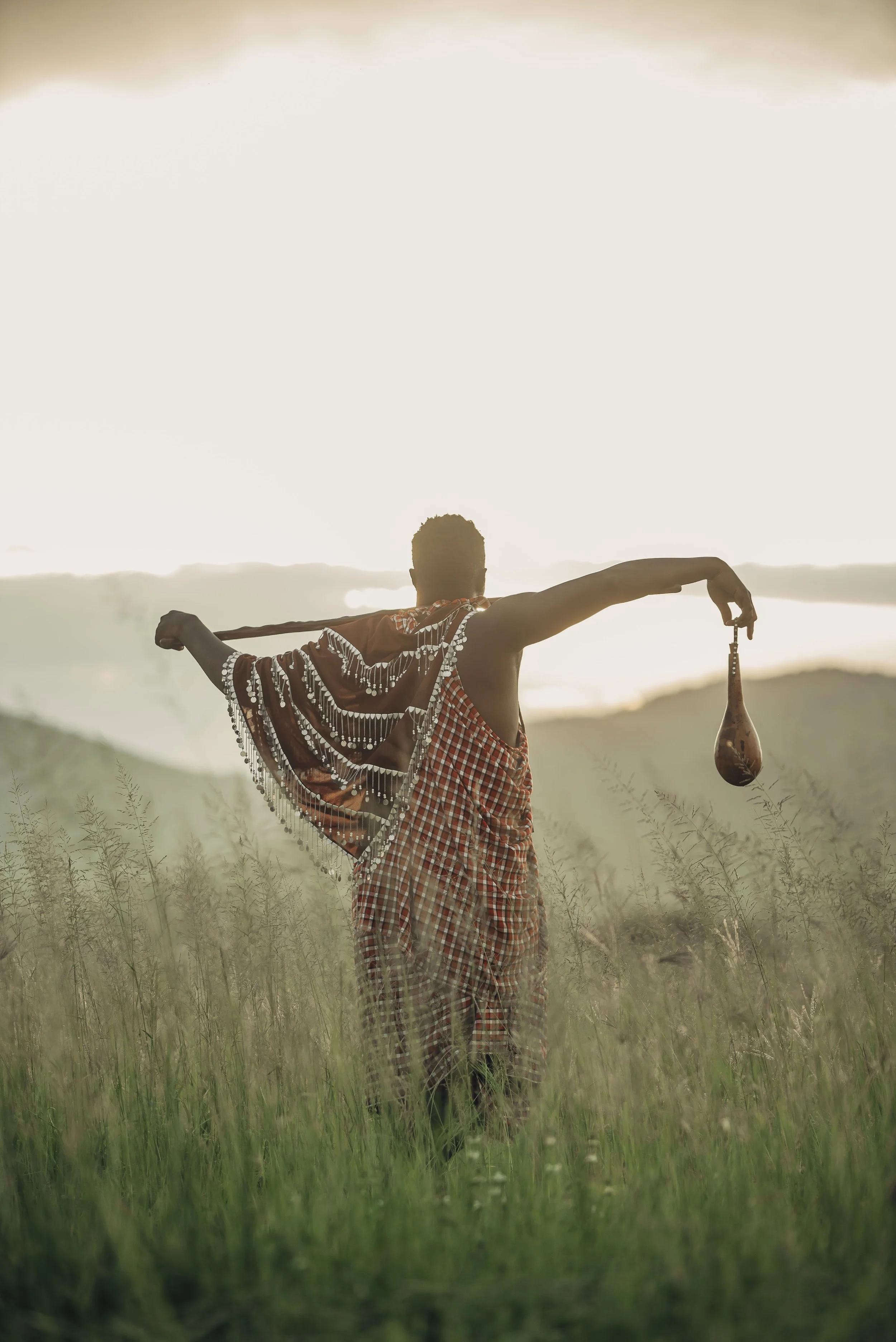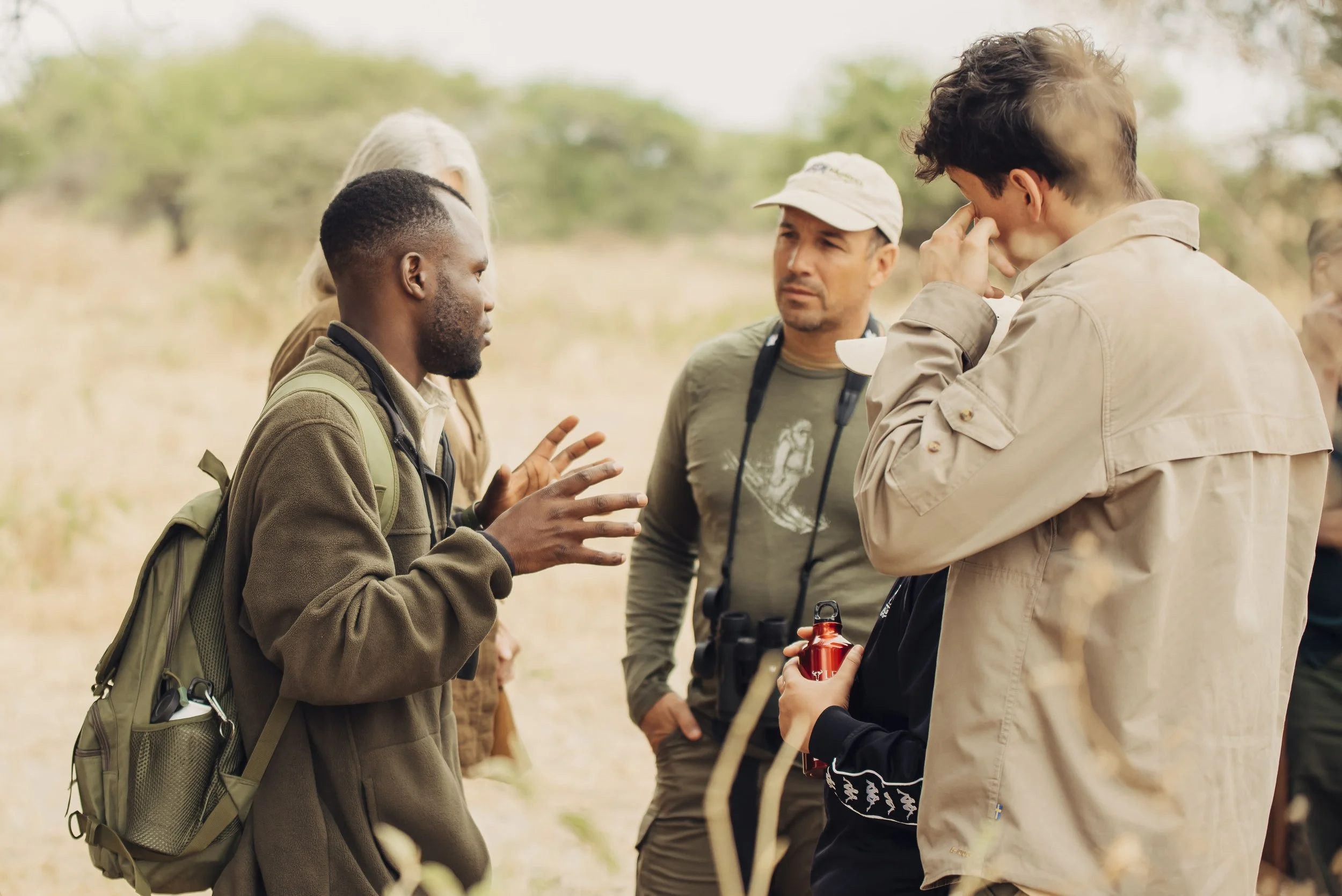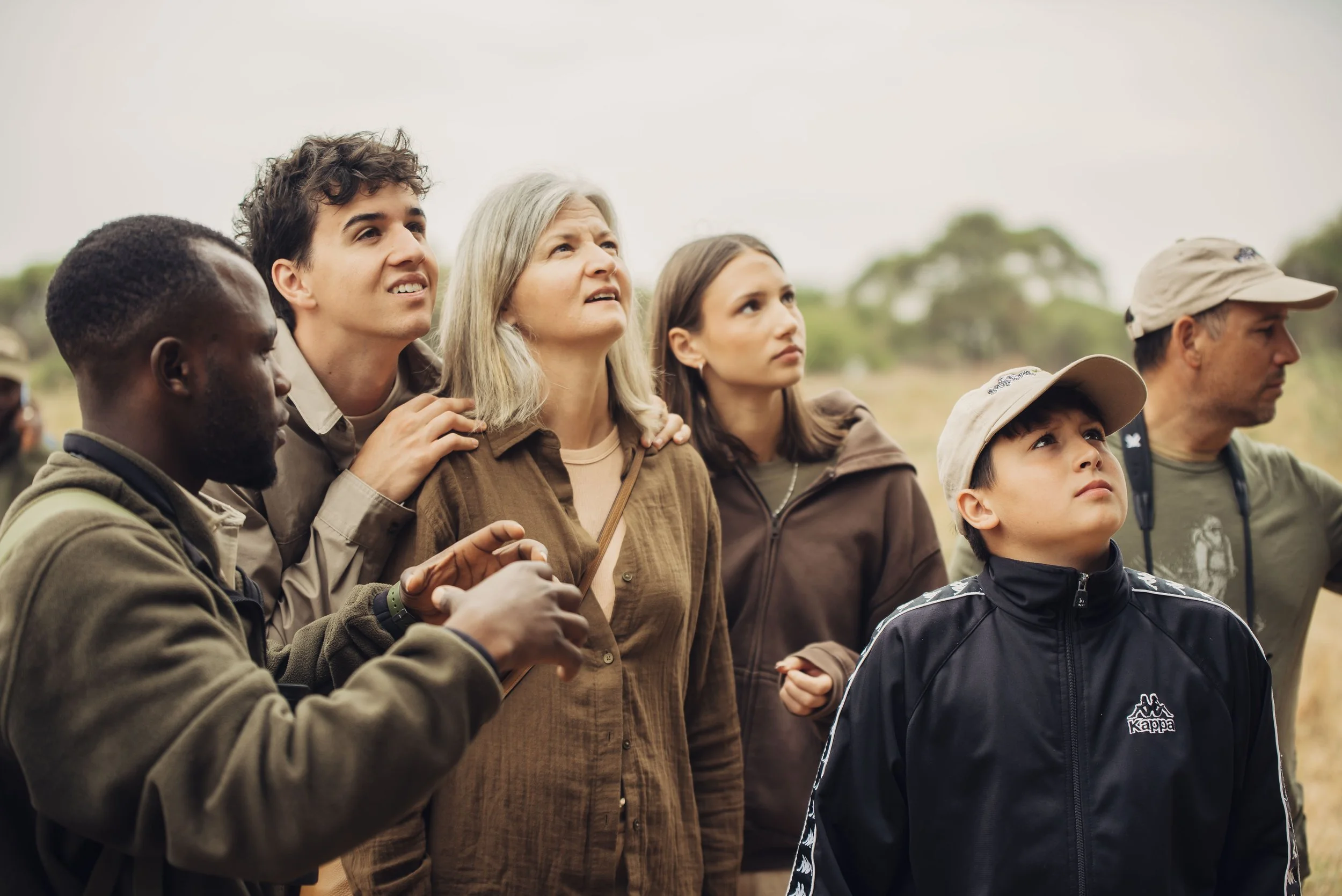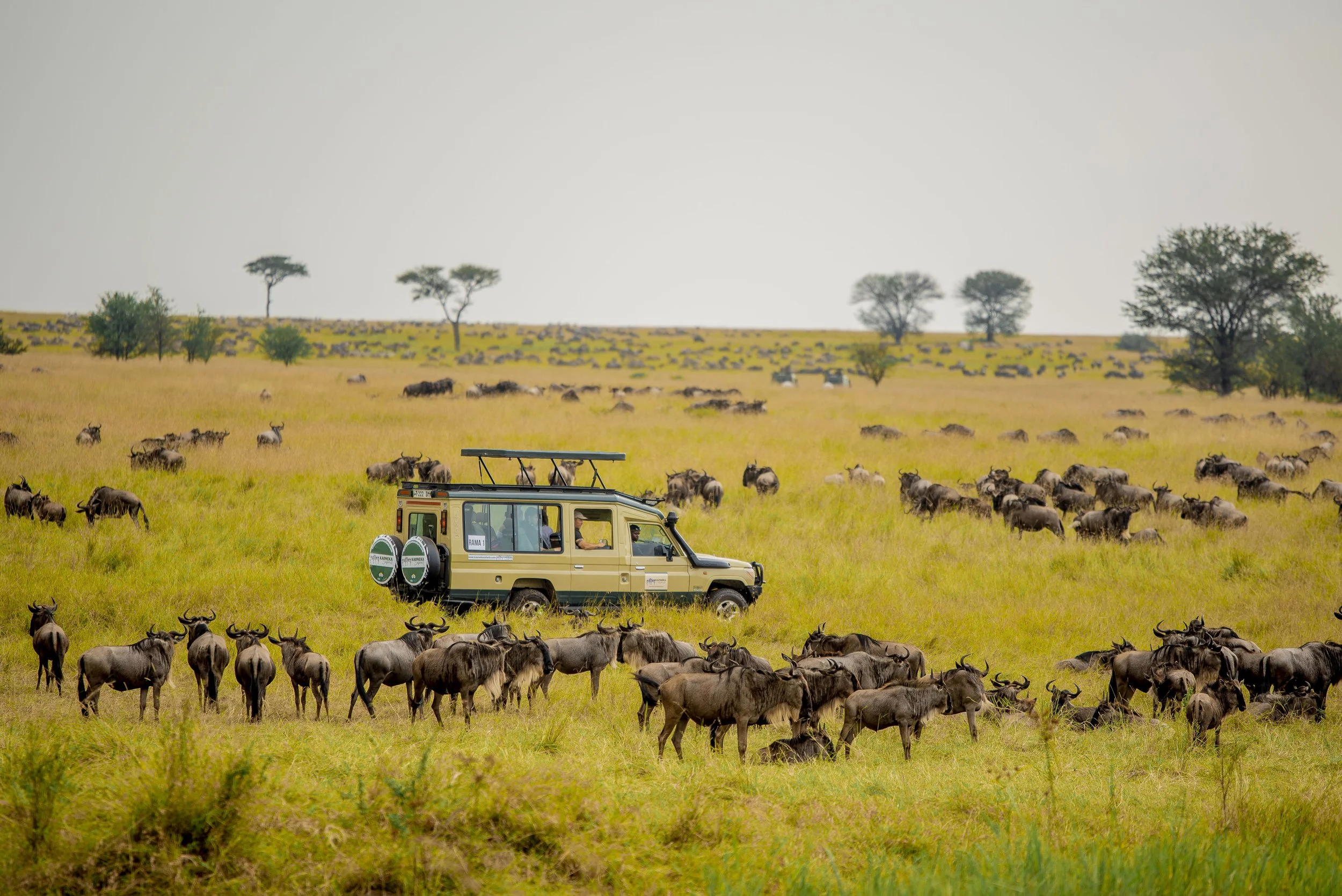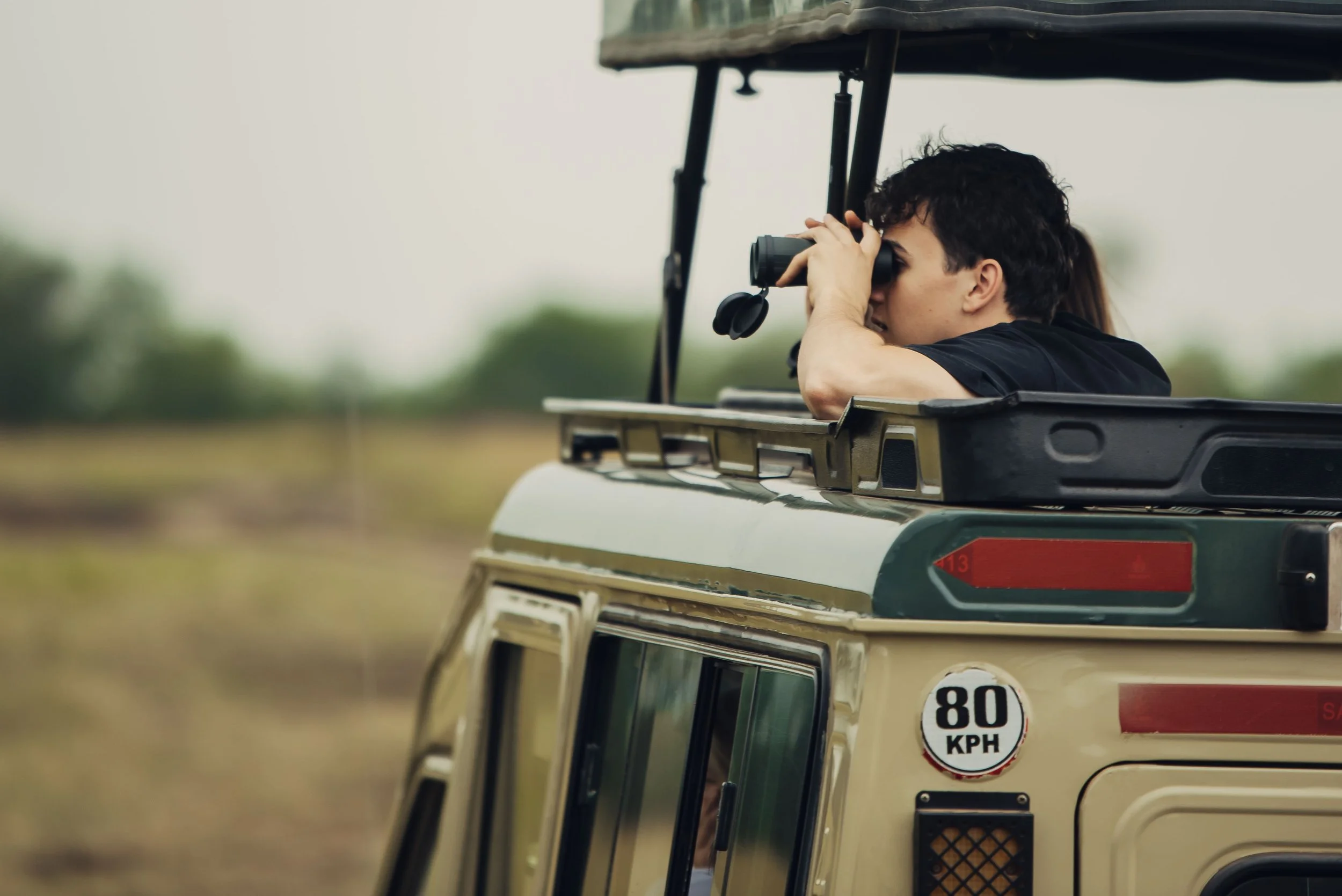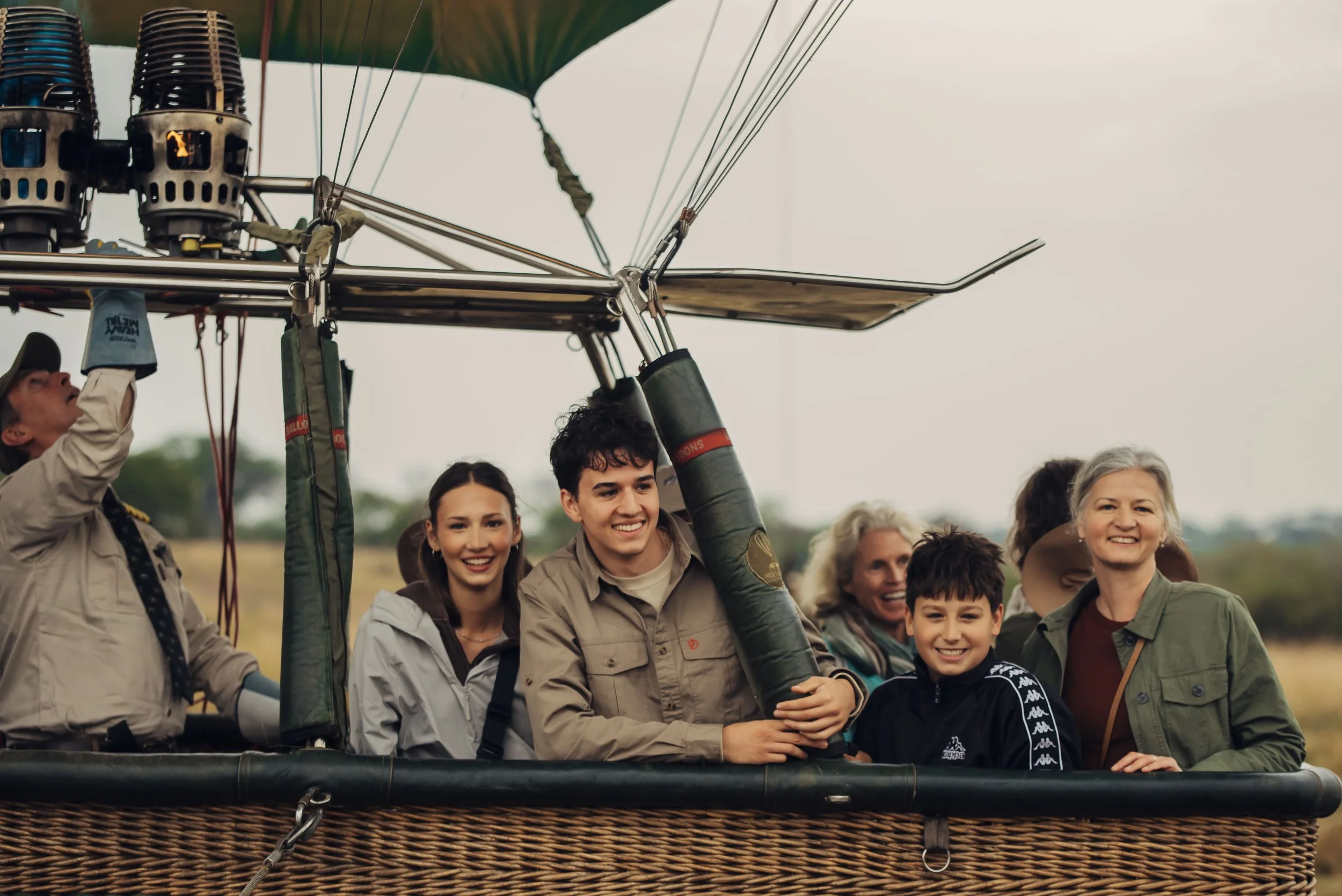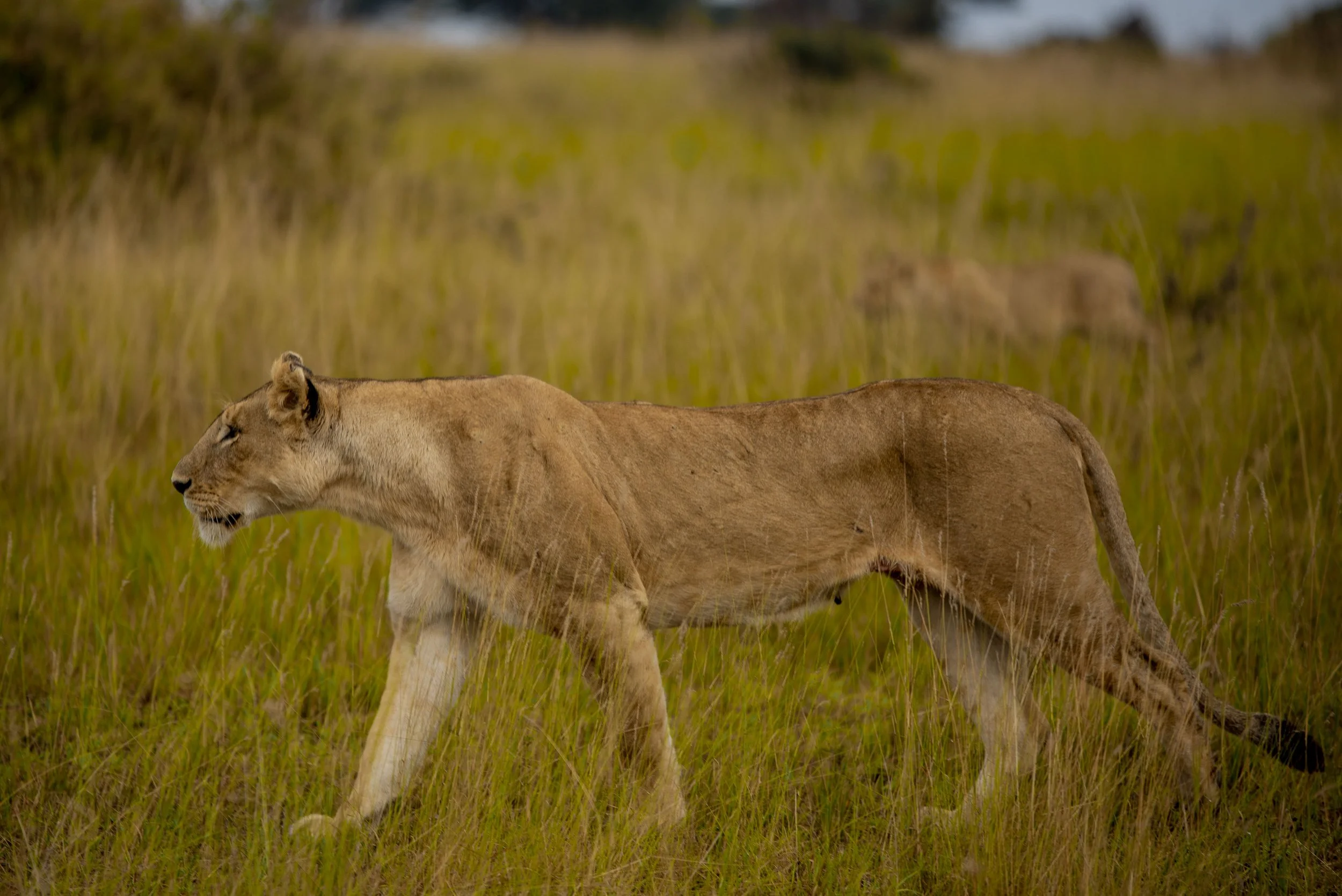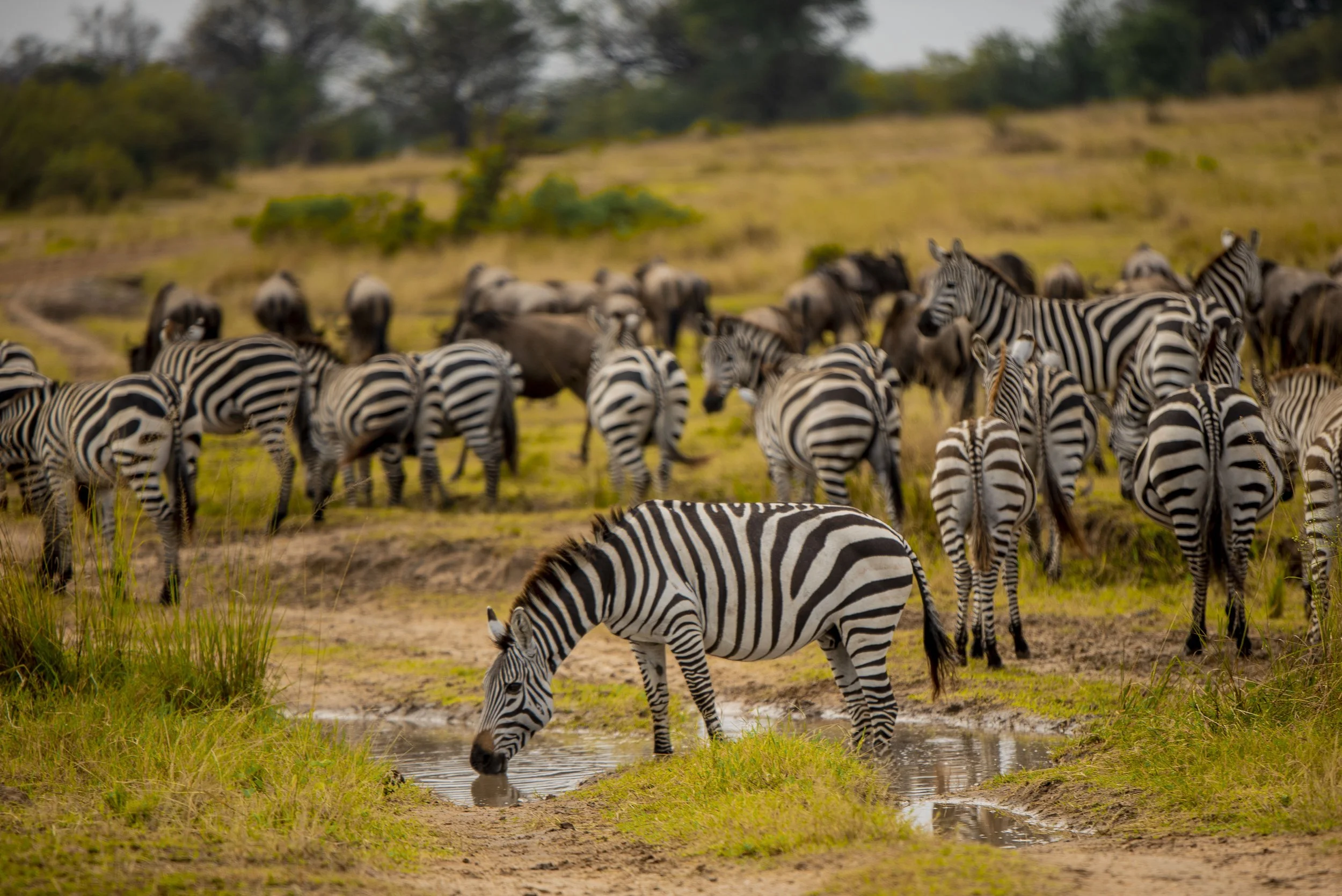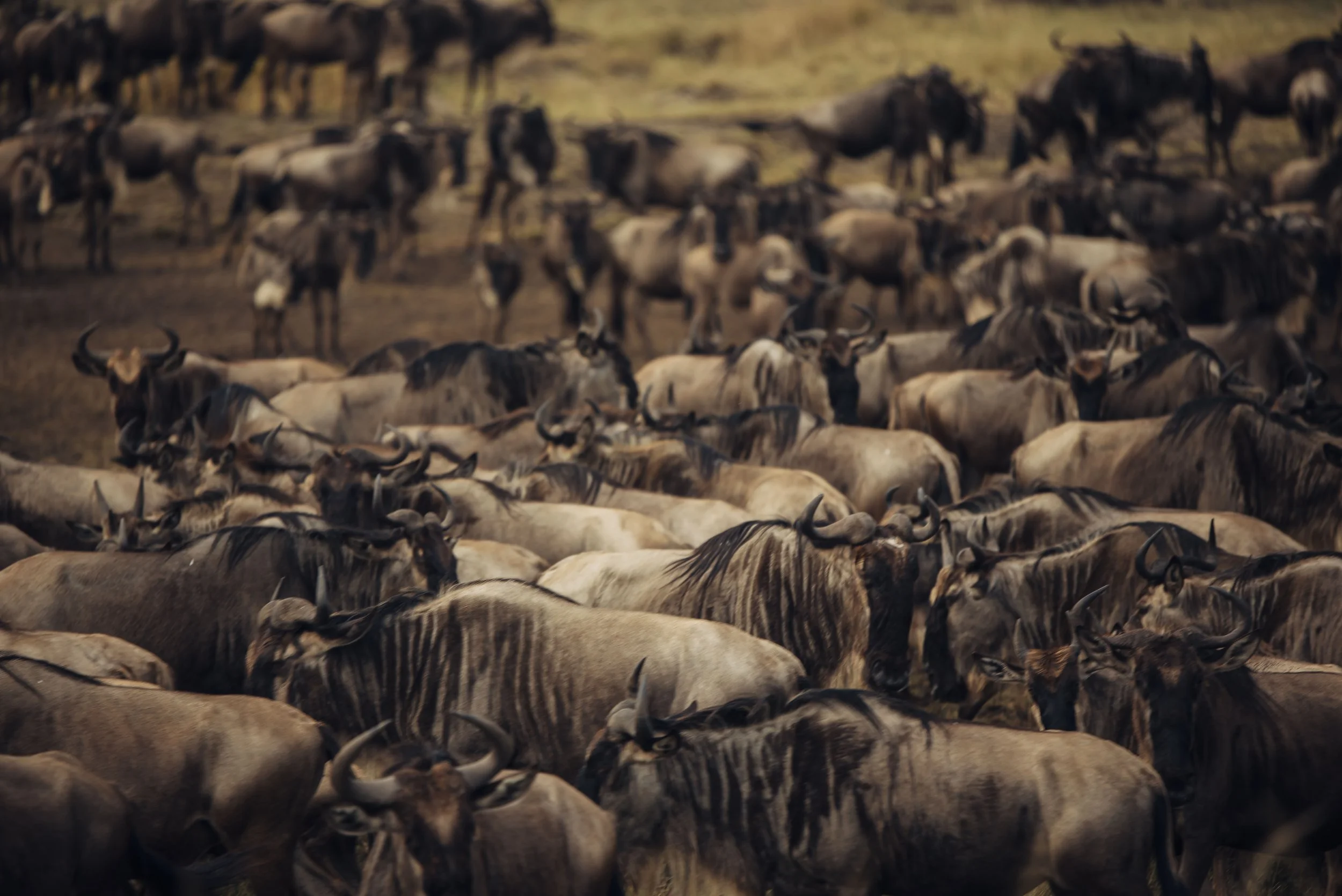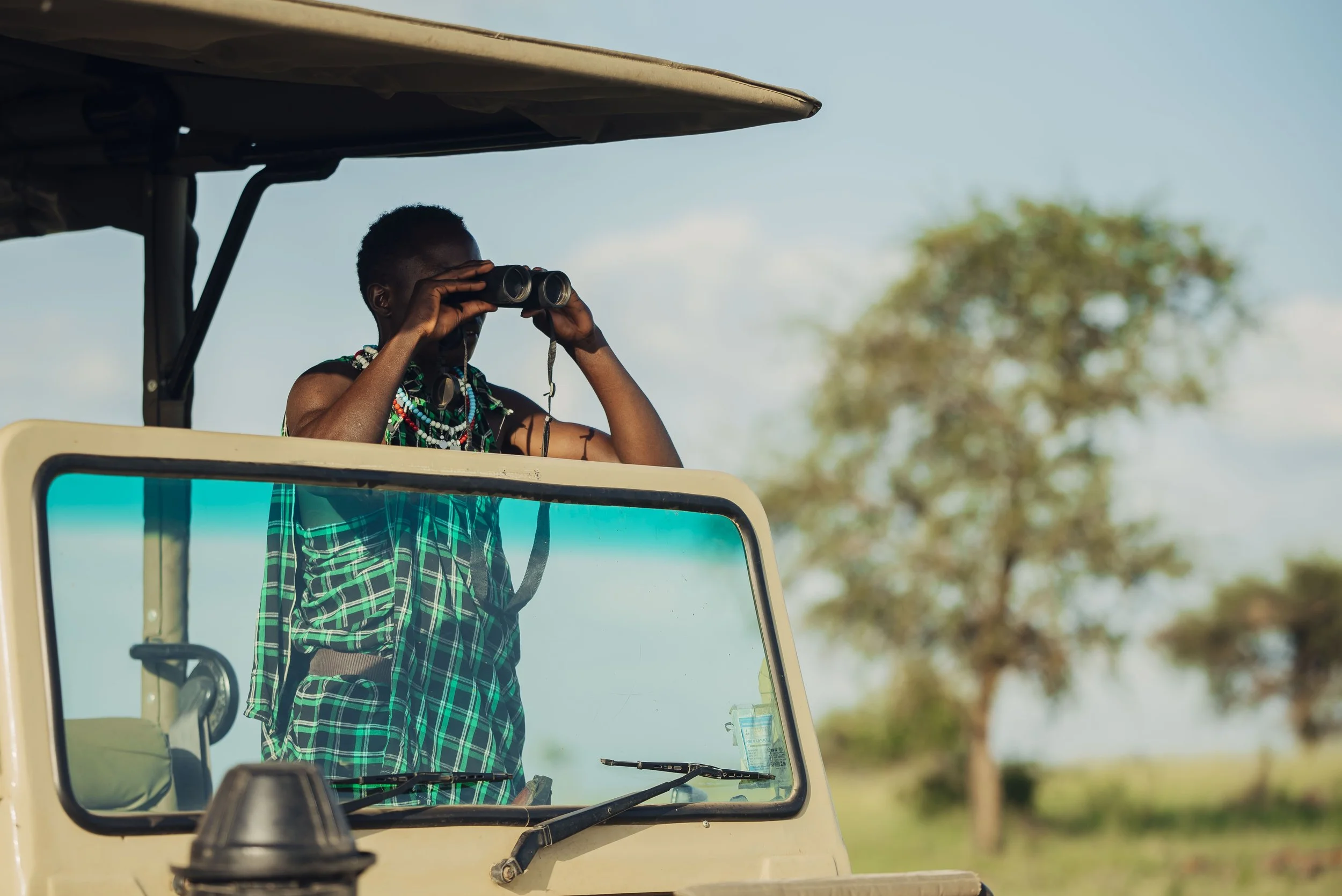
SERENGETI NATIONAL PARK
The Heart of Africa’s Wild Beauty
About The Serengeti National Park
Spanning over 14,750 km² in northern Tanzania, Serengeti National Park is one of the most famous wildlife sanctuaries on Earth and a UNESCO World Heritage Site. Known for its endless golden plains, dramatic sunsets, and an astonishing variety of wildlife, the Serengeti is most celebrated for the Great Wildebeest Migration the largest terrestrial animal migration on the planet, involving over 1.5 million wildebeest and hundreds of thousands of zebras and gazelles.
Highlights:
The Great Migration – witness river crossings at the Mara River (Jul–Sep) and calving season in Ndutu (Jan–Feb).
Big Five encounters – lion, leopard, elephant, buffalo, and rhino.
Year-round game viewing – from predators in Seronera to massive herds in the northern and southern plains.
Scenic beauty – endless plains dotted with acacia trees, kopjes, and sweeping savannahs.
Best Time to Visit Serengeti
The Serengeti offers rewarding safaris year-round, but your experience may vary depending on the season:
January – February: Calving season in the southern Serengeti (Ndutu area). Great predator action as lions and cheetahs hunt newborn calves.
March – May: Green season with lush landscapes, fewer tourists, and excellent birding. Expect some afternoon showers.
June – July: Herds move north — perfect for watching the start of the river crossings.
August – September: Peak Mara River crossings in the northern Serengeti. Dramatic predator-prey action.
October – December: Herds return south. Short rains bring fresh greenery and a burst of wildlife activity.
Tip: If your main goal is to see river crossings, visit between July–September. For predator action and baby animals, January–February is ideal.
What to Carry for Your Serengeti Safari
Clothing & Footwear:
Light, breathable clothes in neutral colors (avoid bright colors)
Warm jacket/fleece for early morning and evening game drives
Comfortable walking shoes or light boots
Hat, sunglasses, and a scarf/bandana (for dust protection)
Gear:
Binoculars (at least 8x42 for best game viewing)
Camera with extra batteries and memory cards
Day backpack for water, snacks, and essentials
Power bank or solar charger
Health & Safety:
Sunscreen & lip balm (SPF 30+)
Insect repellent (with DEET)
Personal medication & basic first aid kit
Reusable water bottle
Travel Documents & Money:
Passport (valid for 6+ months)
Visa (if required)
Travel insurance details
Cash in USD for tips and extras
Activities in the Serengeti
Game drives (morning, afternoon, and full-day)
Hot air balloon safaris at sunrise
Photography safaris with expert guides
Walking safaris in designated areas with armed rangers
Cultural visits to nearby Maasai villages
Bird watching tours

